Apple's iPhone is certainly a very popular device, but is it still "cool" to use? Maybe Apple should take some inspiration from Samsung's Flip range.
If the iPhone 13 Pro or Pro Max weren't quite interesting enough for you this year, you may have ignored the premium lineup completely and opted for the iPhone 13 mini instead.
After all, even in a market saturated with big smartphones, switching to such a small device still represents a compelling upgrade for anyone whose interest in the iPhone is waning, simply because there's not a quantum leap in features this time around.
The iPhone has always been rock solid in sales, and probably will be for quite some time with its relatively timeless design. But that isn't exciting, is it?
Why doesn't it flip or fold?
The Samsung Galaxy Z Flip 3 has been well received by the tech press. Indeed, the author of this article has lusted after one since it was launched earlier this year.
That's odd, because that same author chuckled at the re-emergence of flip phones.
What if Samsung is onto something? Clearly, they're continually iterating the Z Flip and Galaxy Fold devices for a reason - and this is why a foldable iPhone like the rumored "iPhone Fold" might not be a bad idea.
Rumors have suggested an iPhone with a foldable OLED display is in the works, retaining most of the utility of the existing design but with added flexibility. Many patents have pointed to its development, but Apple has yet to really hint that something in that vein is on the way.
There's no reason for Apple to ditch what it's currently doing, either. Why would it? In 2020, 50% of Apple's revenue came from iPhone sales - around $274 billion, to be exact, making it a product that it can't really afford to dramatically alter or otherwise see a dramatic cut in revenue.
So, something's clearly working, but it could do better. Here's why Apple needs to unbutton its shirt a little, grab a glass of the bar's best, and add a more interesting iPhone to the line-up.
Samsung is looking increasingly interesting
This bothers Apple; Samsung is, after all, one of its fiercest competitors. The rivalry has lasted years, but the two companies work in completely different ways.
Apple wants you to have an iPhone, which it frames as a premium mobile device. Samsung instead opts to cover almost the entire market, introducing value-oriented devices alongside its flagship products.
The key here is that Samsung could easily have a really bad year for one of its flagships, and have it not completely wreck its revenue for the year. Indeed, this actually happened with the Galaxy Note range a few years ago, with the major battery issues practically writing off an entire generation for line.
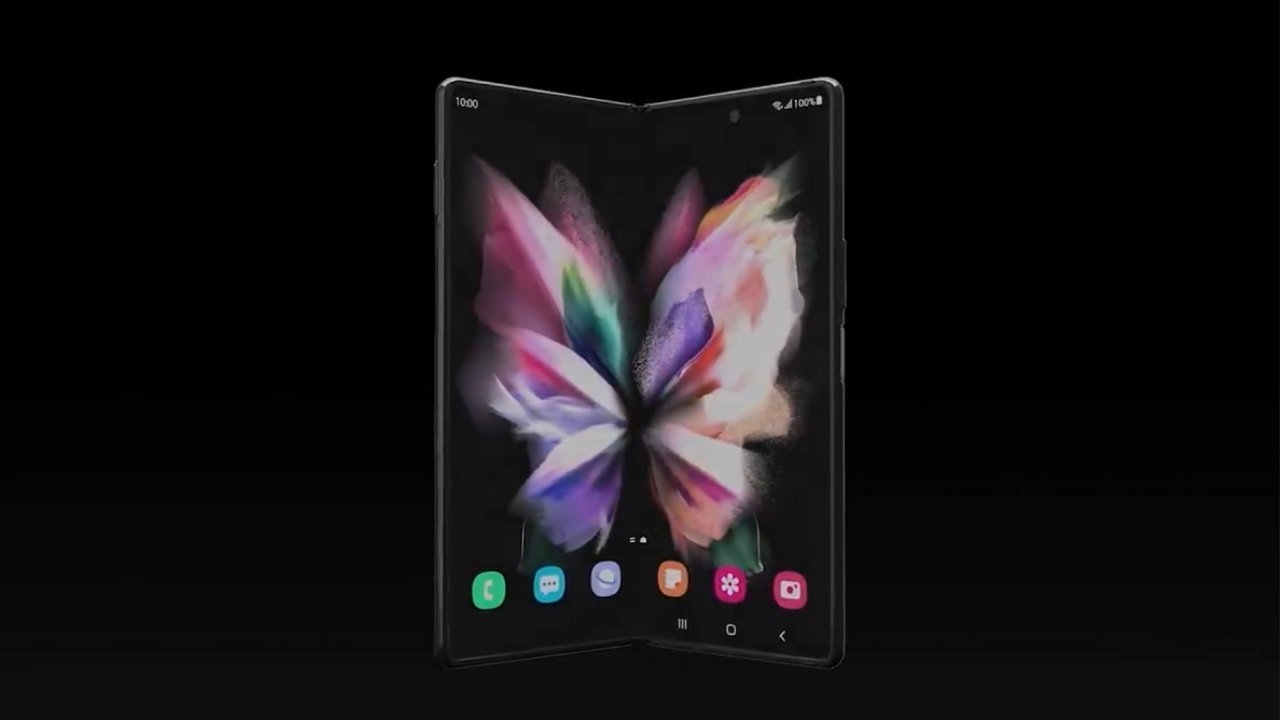 Samsung's Fold smartphone line may have had their teething issues, but you can't say they're boring.
Samsung's Fold smartphone line may have had their teething issues, but you can't say they're boring. Sure, there have been some really odd attempts to set the Galaxy line apart, such as its embrace of periscope lenses for absurdly high zoom levels, but they're at least having a crack at it.
This is why it's so fun to keep an eye on what heads out of Samsung's smartphone labs, and into the hands of its legion of fans.
It's because Samsung is in a better position to take risks. Apple simply isn't.
Arguably, Samsung's latest range of phones make for more attention-grabbing headlines that a new iPhone. Indeed, the iPhone 13 has received rave reviews, but it's focused almost solely on battery life and camera capabilities.
We need the cool factor
Flip phones are cool. Sometimes, that's just enough to make the smartphone entertaining for potential buyers.
Flipping tech open and closed is a ton of fun, and any AirPods Pro owner who has spent time bored with the charging case will attest to that. The makeshift fidget toy may not be a spinner, but it's satisfactory to use.
Samsung is no doubt acutely aware that flip phones are and have always been cool - even if we go right back to the early days of the Motorola Razr. Even when we were all pretending to be using early Star Trek communicators and it was more of a novelty, it was still cool to us.
"Cool" is something Apple has always done brilliantly. But can we honestly say that now extends beyond its brand image and brilliant marketing campaigns? Is the iPhone really cool anymore?
There's a ton of utility
Flip phones are genuinely useful. The idea of shrinking a device down when you need to pop it into your pocket is compelling.
Even more so when you consider going from a larger-screened device, similar to an iPad mini, to something with a more pocketable dimension.
But add to that the fact that the halved' phone then features an additional glanceable display for simple notifications, and that becomes really interesting. More importantly, it's a safe bet that Apple would do something very innovative with a flip phone; something Samsung has yet to dream up.
Apple always does this. A flippable iPhone would sport one or two features that would be genuinely game-changing.
That is, if Apple ever were to release such a device.
 Mark Ellis
Mark Ellis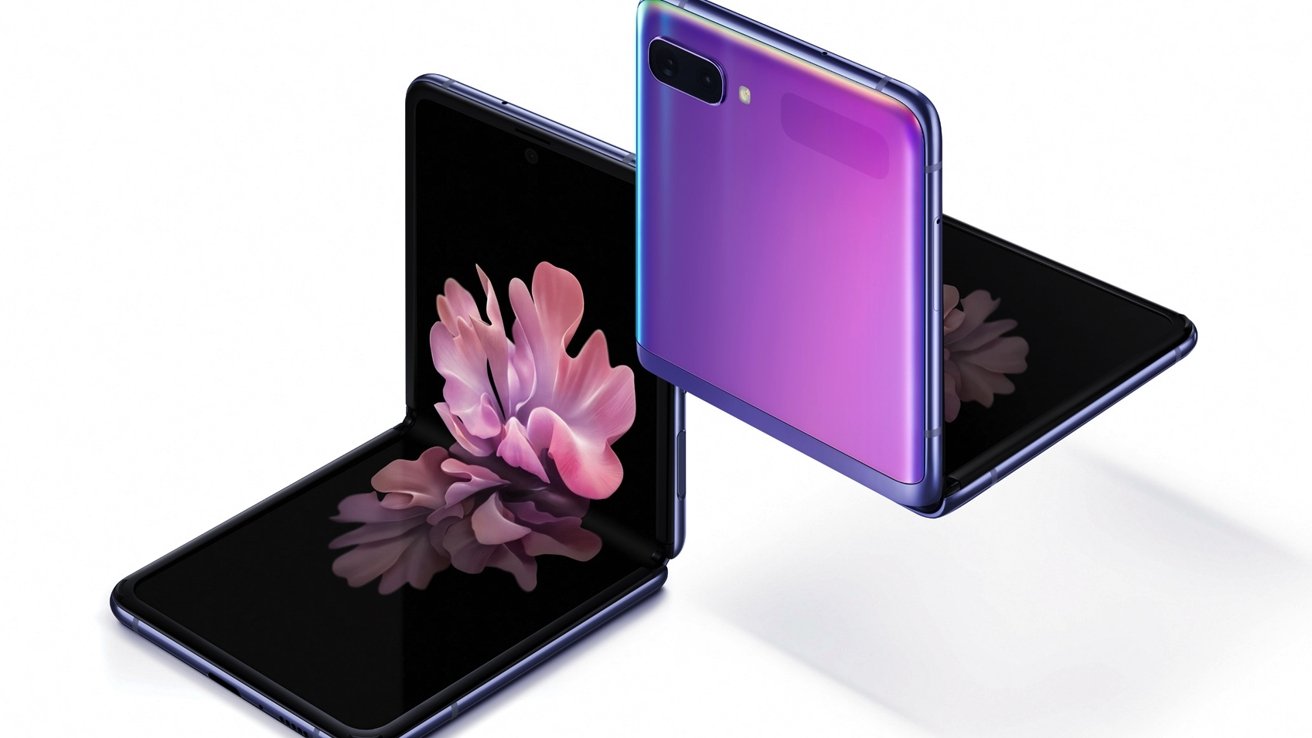
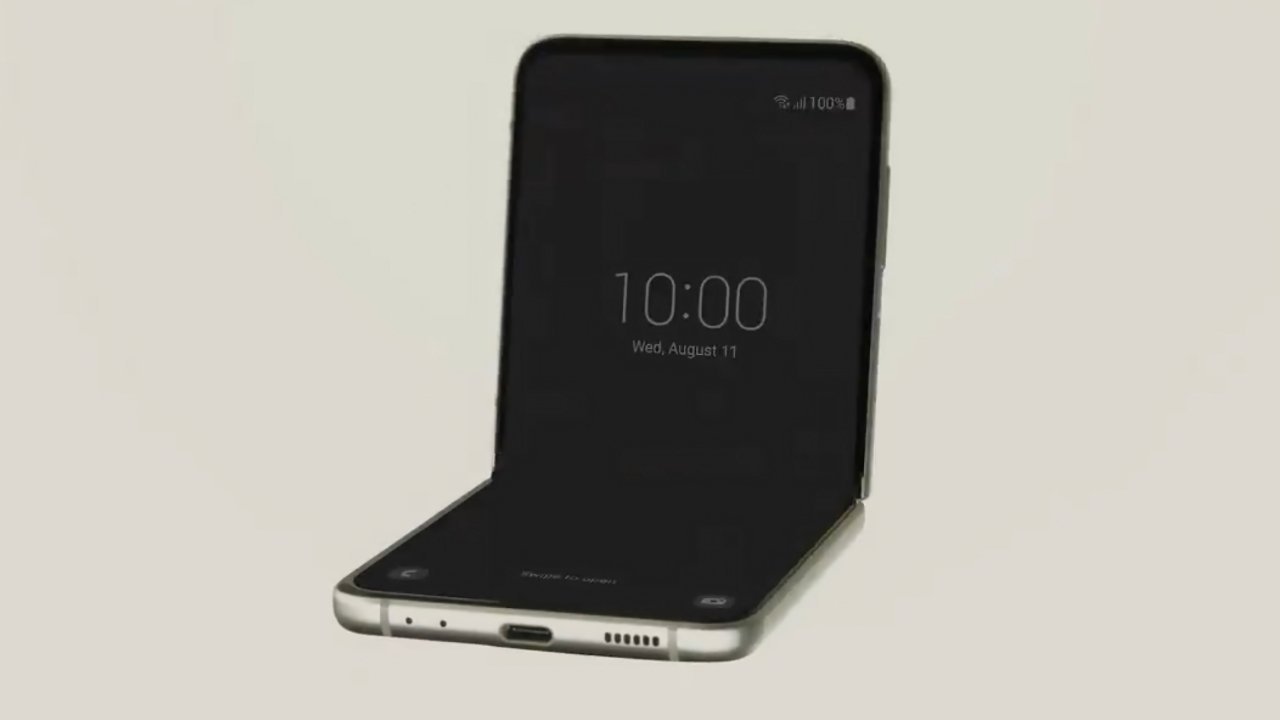
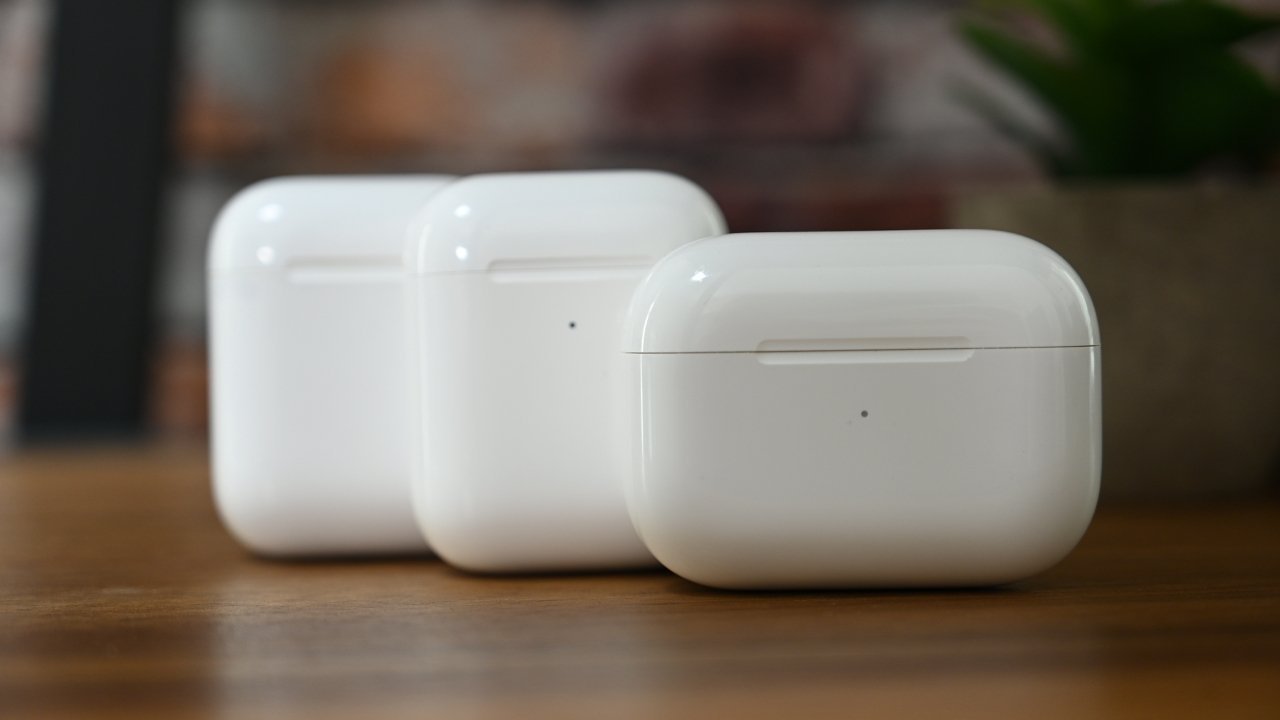







-m.jpg)






 Malcolm Owen
Malcolm Owen

 Amber Neely
Amber Neely
 Christine McKee
Christine McKee


 William Gallagher
William Gallagher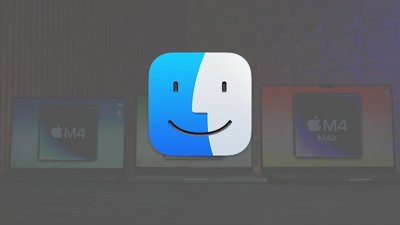
 Chip Loder
Chip Loder

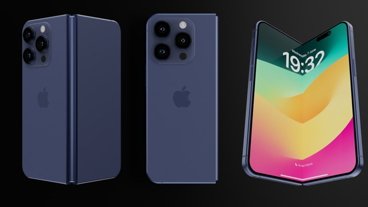
-m.jpg)






49 Comments
If Jobs were still here the iPhone would have pioneered the foldable phone. Apple is too complacent these days.
IMO, there is nothing compelling about a flip phone. What problem is being solved? The Fold is a hideous and over priced device. The form and function makes very little sense.
Moving parts and joints = warranty nightmare.
Apple will no doubt enter the foldable space at some point but time will tell what differentiates an Apple foldable from the competition. Again, Foldable for the sake of foldable makes no sense.
Well technically a quantum leap is the smallest step possible.
iPhones would be extremely cool if Apple could find a way to allow creativity back into the app ecosystem. The iPhone was exciting in the first few years because every day there would be new amazing apps that did things no one had expected a smart device to do. There were apps that could listen to music and tell you what song it was. Another app looked at signs in different languages and turned them into English. There were highly addictive new games to play. Now all of that creative explosion is pretty much dead. The reason is that as soon as some new and exciting app becomes popular, like iDos for example, Apple kills it. Never mind that it had been in the App Store for years and got popular because it could run an extremely early version of Windows, it had violated the rules that Apple made up out of thin air and so had to die. Who is going to risk wasting years of their lives to produce an exciting new app in an ecosystem like that? No one that's who.
If Apple could carve out a space on the iPhone for risky apps to do risky things without access to the rest of the phone's data or iCloud, excitement could return to iOS. Oculus does this with the Quest. It has a separate app store for apps that are not quite ready to appear on the main app store or do things that Facebook is not yet comfortable with. The user takes the risk but the apps are there and some of them are wonderful. This will not happen on the iPhone because Apple's rules have very little to do with user safety. They are almost all about preserving Apple's control over the iPhone. The need for control is a kind of addiction for Apple's executives. Like other addictions, they are very harmful for both the addict and anyone around them. In this case, it is systematically killing the iPhone platform. Yes the new iPhones have nice new hardware features but when was the last time you bought an iPhone to get access to some amazing new app?